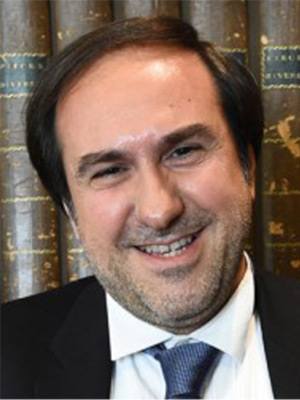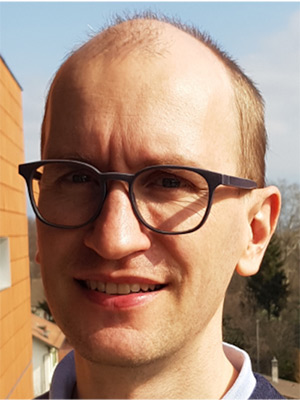Quantum Computation and Simulation //
Quantum systems composed of a very large number of individual constituents are notoriously difficult to understand, control and manipulate, owing to the enormous (exponential) complexity involved in describing and keeping track of their quantum mechanical state. On the other hand, the coherent control of increasingly large quantum systems is fast becoming a necessity in order to make emergent quantum technologies, including the sought-after quantum computer, a reality.
Several research groups at the GQC are playing an internationally leading role in this pursuit, ranging from fundamental theory all the way to practical applications. Activities at GQC in Quantum Computation and Quantum Simulation are characterised by the development of theoretical and numerical tools with contribution from several fields, in particular many-body physics, low-dimensional interacting quantum systems, out-of-equilibrium quantum systems and holography theory. Theory groups at GQC collaborate with leading experimental groups in quantum simulation and computing, within Switzerland and at an international level, both with academic institutions and private companies.
Research directions include the search of non-trivial states and novel devices towards useful quantum technologies emerging from the interplay of many-body interactions, external driving and dissipation. Tools from many-body physics, quantum information theory and quantum thermodynamics are combined. When focusing on interacting low-dimensional systems, comparison of theoretical descriptions and cold atomic realizations has recently allowed progress to be made in the research on quantum impurity problems, Tomonaga-Luttinger liquids, and disordered quantum systems, such as Bose and Fermi glasses. At the interplay between mathematics and physics, holographic duality involves topics and methods from gravity, quantum information and many-body theory. Current research aims at connecting it with experiments on various quantum platforms, cold atoms and programmable digital devices for instance.



